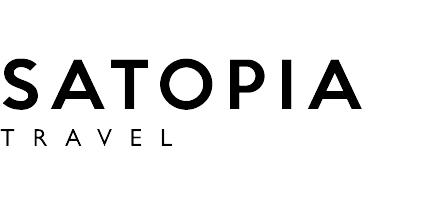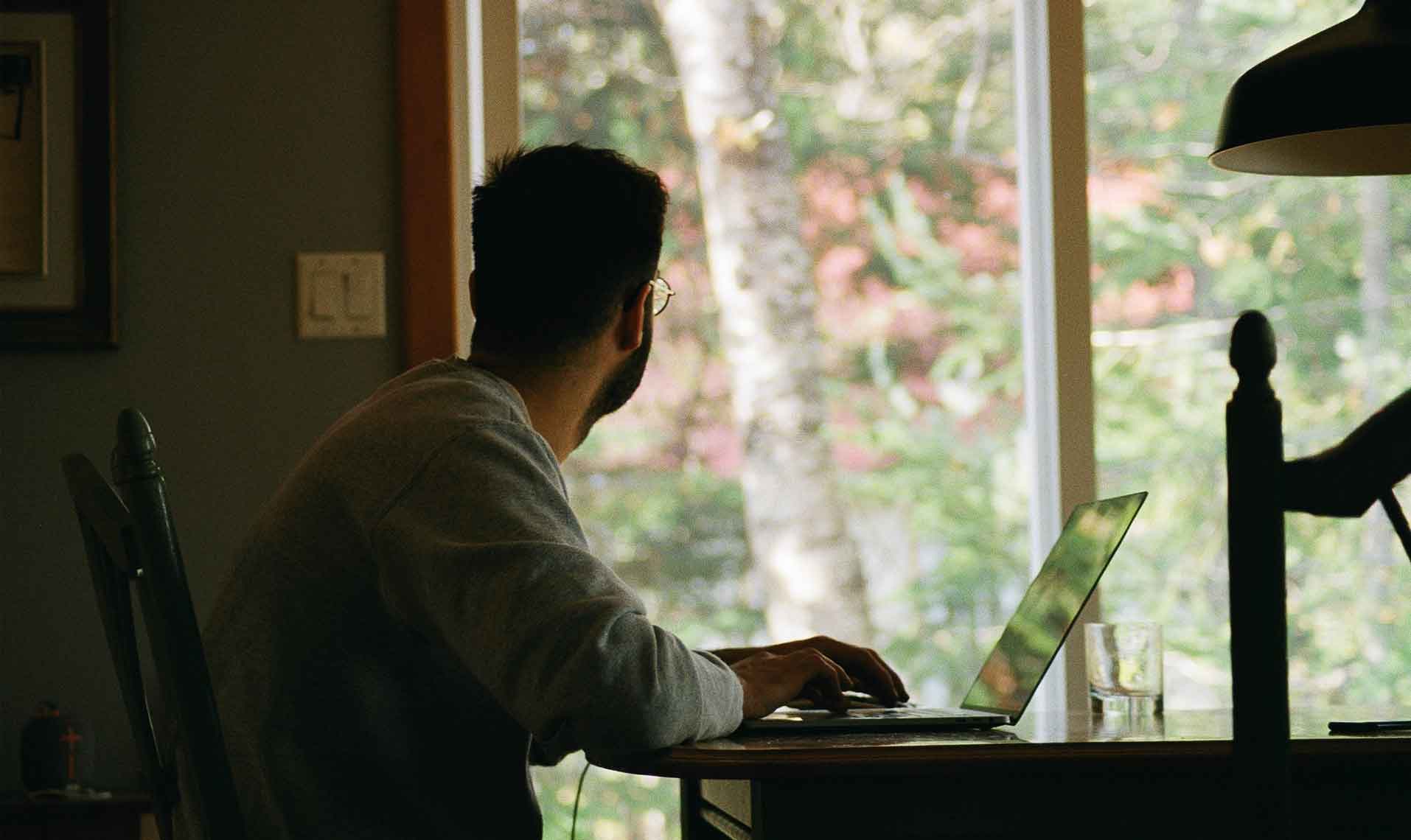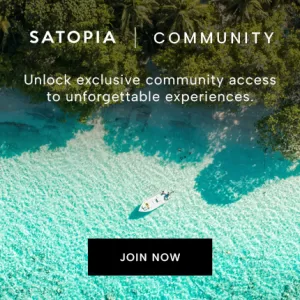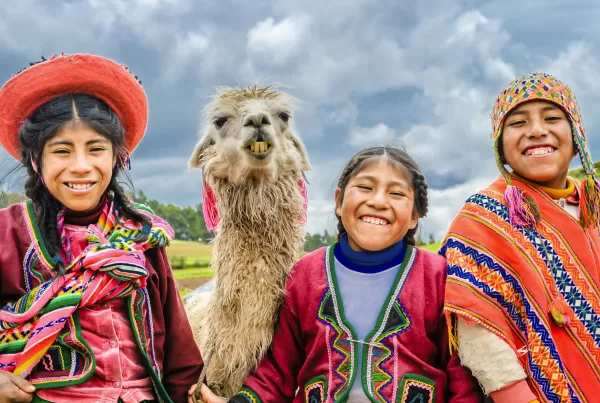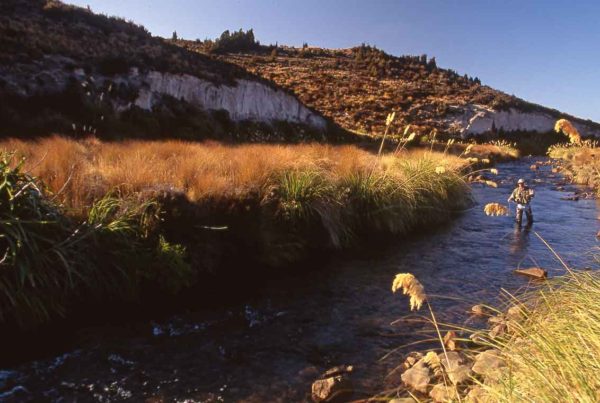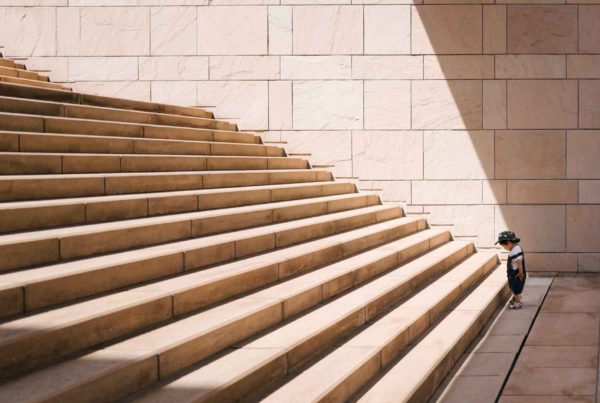Life Through Screens Led me Back to Nature
We’ve all spent most of last year being grateful for technology, from Zoom and Teams and the way they’ve revolutionised our work-lives through, to Netflix and curved gaming monitors that have helped us get through our lockdown leisure hours.
By Kay Sexton, Contributor
As we’ve over-connected, and under-experienced, we’ve also become digitally exhausted
And feeling totally ‘screened out’! Many of us have spent long Covid-constrained hours in virtual worlds that have overloaded our synapses without feeding our senses. Stimulation without connection is essentially unrewarding. The result is that many of us crave a chance to get back to nature. Even if we’re not able to name it, we desperately seek ways to integrate ourselves with the real world and stimulate the full sensory experience of being part of something so much bigger, more varied and more unpredictable than a virtual reality.
Being outdoors is much more than a way to enjoy leisure activities – it can improve concentration, help mood and boost overall health. Our metabolism changes when we spend time in the natural world, we sleep better and we feel more relaxed and hopeful.
After months of lockdown and travel restrictions, most people recognise that they need a return to the natural world to recalibrate their experiences and reconnect with the world.
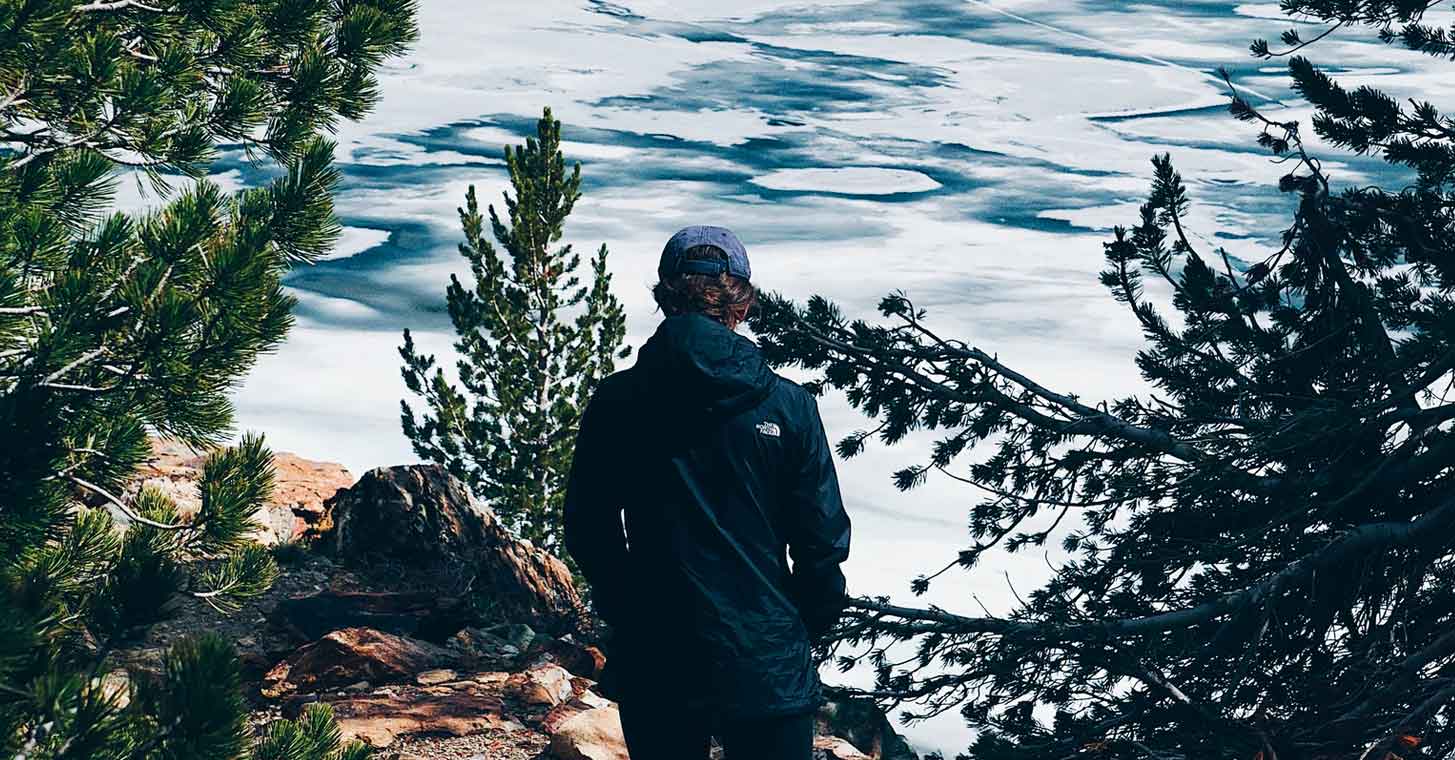
Image credit: Parker Amstutz
Disconnect to reconnect
Stepping away from our devices can be difficult, but it brings great rewards even to the most committed digital revolutionary. Taking away the ‘editor’ who curates an online experience of the natural world deepens our personal engagement, allows us to use our senses to explore every aspect of an experience, and stimulates us in wholly novel ways. We cannot smell a documentary and even the most beautiful onscreen rainbow lacks the sense of moisture-saturated air that makes seeing one for real something that we literally inhale.
Once we open ourselves to multi-sensory stimulation we allow our minds to call upon the limbic system, that part of the brain that controls emotions and behaviours, and actually creates memories. Feeding our limbic system gives us immense pleasure and can help with medical conditions like high blood pressure, which are caused by mental stress. Living in the moment is much easier in nature. The perpetual movement of a waterfall is both endless and immediate, whilst the sound of leaves in a forest has a fractal quality that ties us to the present by linking us to an endless cycle of seasons. Slowing down helps us connect, and reminds us that we’re part of a vast natural network that impacts us on every level.
“Everybody needs beauty as well as bread, places to play in and pray in, where nature may heal and give strength to body and soul alike.”
John MuirScottish-American naturalist, author, environmental & philosopher
Finding yourself in the wilderness
True wilderness brings even more benefits – it reunites us with our most primal natures, the part of ourselves that engages with and responds to our surroundings without conscious thought. It gives us a chance to experience rare and life-affirming moments – a heron flying over a lake at dawn, a magnificent sunset, discovering a perfect mushroom in a forest, snowfall on a frozen lake.
At Satopia we understand that everybody needs this connection to the natural world and we design our experiences to feed our desire for direct contact with the wildest and most beautiful places on earth. We curate the best of the natural world in our destinations for unforgettable Hosted Experiences to remote parts in Patagonia & Iberá in Argentina, the Highlands in Scotland, and Pantelleria Island in Italy. Beautiful destination all wrapped in nature, surrounded by spectacular landscapes with a true opportunity to reconnect with the wild.
